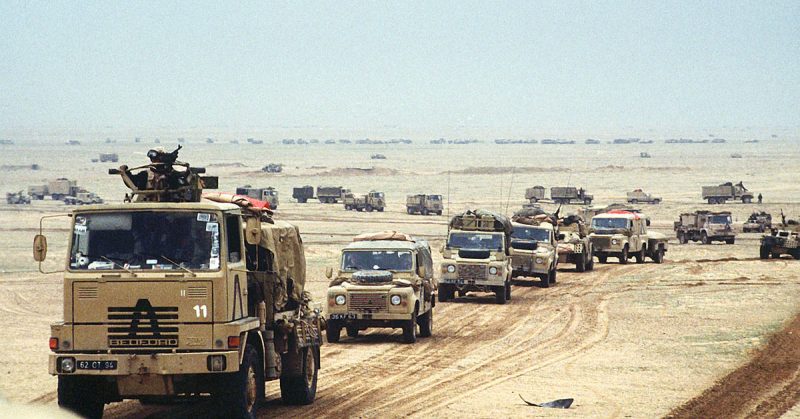There’s an understated tendency in Britain to remember and reminisce about recent wars, whether they be victories for the country, failures or events whose impact cannot be so easily classified.
The United Kingdom’s contributions to the American-led Operation Desert Storm were significant, helping the US to complete its objectives in Iraq. Even so, many have forgotten about the Gulf War and its place in British history.
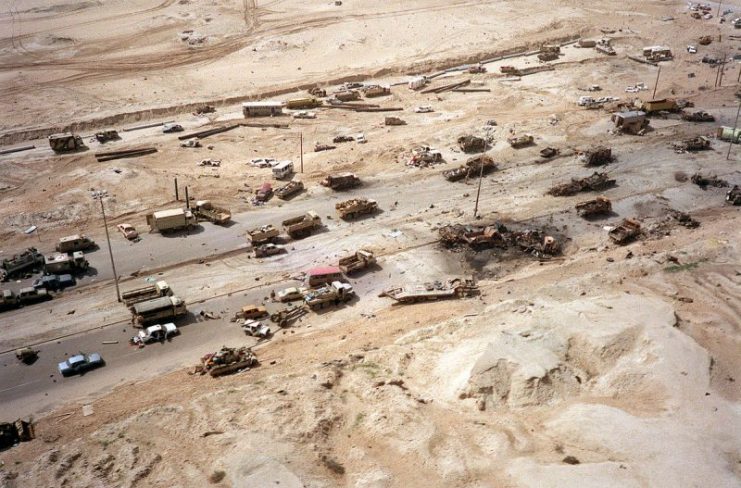
Some have attributed the lack of attention the Gulf War received to its comparatively short duration. The whole thing was more or less finished within a month, and the hostile forces were neutralized rather quickly. It was a straightforward battle with none of the on-field distractions of other wars, like hand-to-hand combat or civilian bombing campaigns.
There was also a lack of British casualties in the Gulf War. This is not to downplay the sacrifices of the 47 people who perished for their country but compared to the casualties in Korea, Cyprus or Ireland, the numbers were small. Britain was also just another cog in the wheel, so to speak, as there were another 33 other countries participating in the effort.
The operation was also completely overshadowed by events that occurred in the region sometime later. Desert Storm came right in the years that straddle the Falklands War and the liberal interventionism wars in the former Yugoslavia. These events all took place at the end of the century, and the latter was clearly of larger importance to the British public.
The UK was led in this period by John Major, now a distant memory in the minds of most British residents. Major was the Prime Minister of the UK for a lengthy seven years, yet he remains an afterthought when compared to the lasting impression made by Margaret Thatcher.
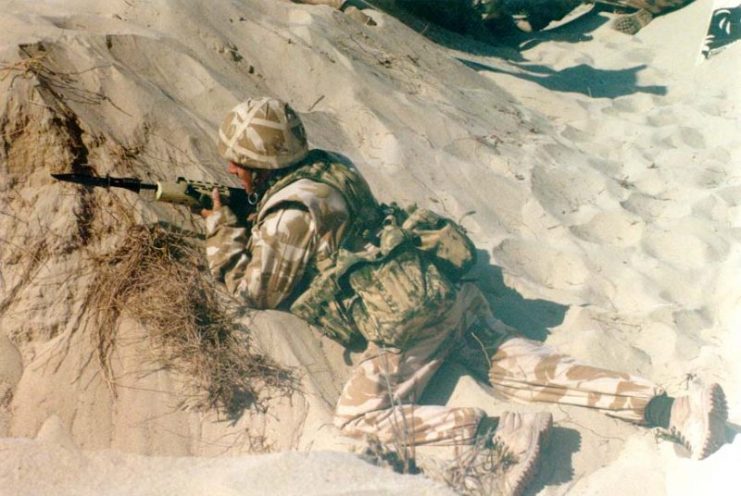
The most potent memory of the Gulf War for the British public was its effect on human health. Many veterans were said to suffer from fatigue, reduced cognitive function, and stress-related illnesses after Desert Storm.
This was partly caused by the British themselves: soldiers were given drugs to counteract Saddam’s profligate use of nerve gas, and the drugs would continue to have effects on the users long after the war had finished. Lawsuits would be filed soon after. Some would be won, some lost and some are still in litigation to this day.
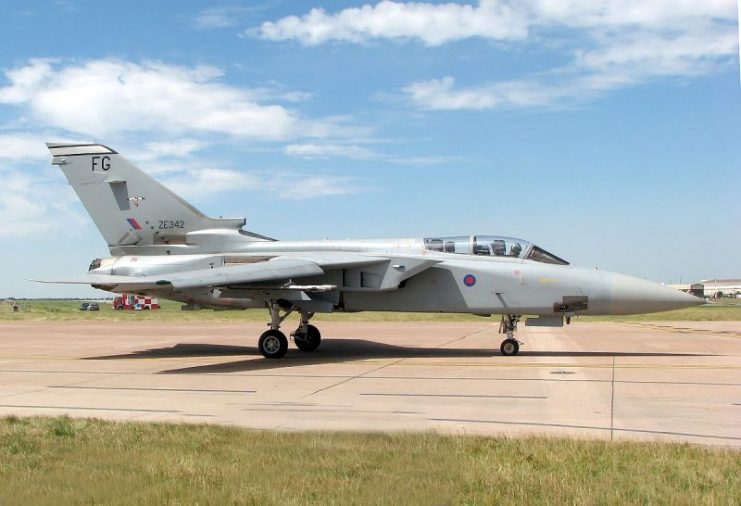
Another memory associated with the Gulf War is that of the larger war that followed it, the Iraq war. The revelation that coalition forces weren’t allowed to capture Saddam Hussein left many baffled. It drew comparisons to WW2 wherein Allied forces didn’t move on to Moscow after capturing Germany; it seemed like the next logical step yet didn’t happen.
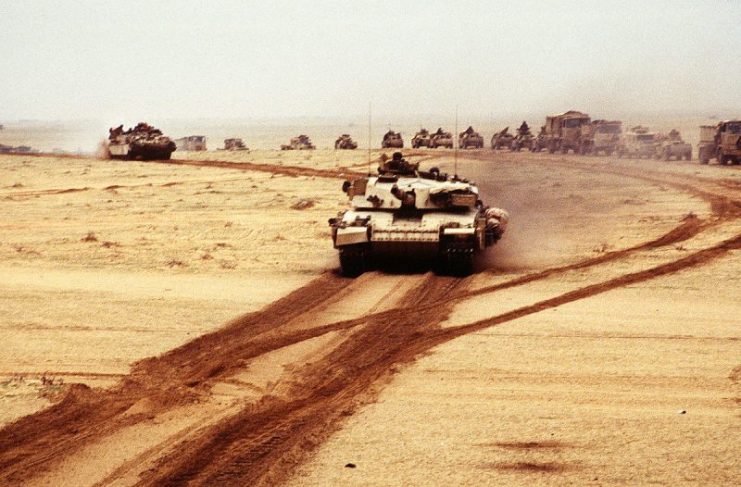
Strategic reasons required that Saddam remained the leader of Iraq and then-President Bush Sr. was an advocate for Saddam’s continued reign. People who were critical of America’s foreign policy and the wars that followed 9/11 were fascinated by the relationship between the two. These same critics didn’t see the connection between the Cold War and Operation Desert Storm.
Overall, the Gulf War was a defining event for many countries. The British still consider it an important time in history, but not to the same extent as some other countries. The Gulf War remains a conflict that lingers in the minds of many British people, but will likely never be regarded by the public as the prominent event that the British government seems to consider it to be.
